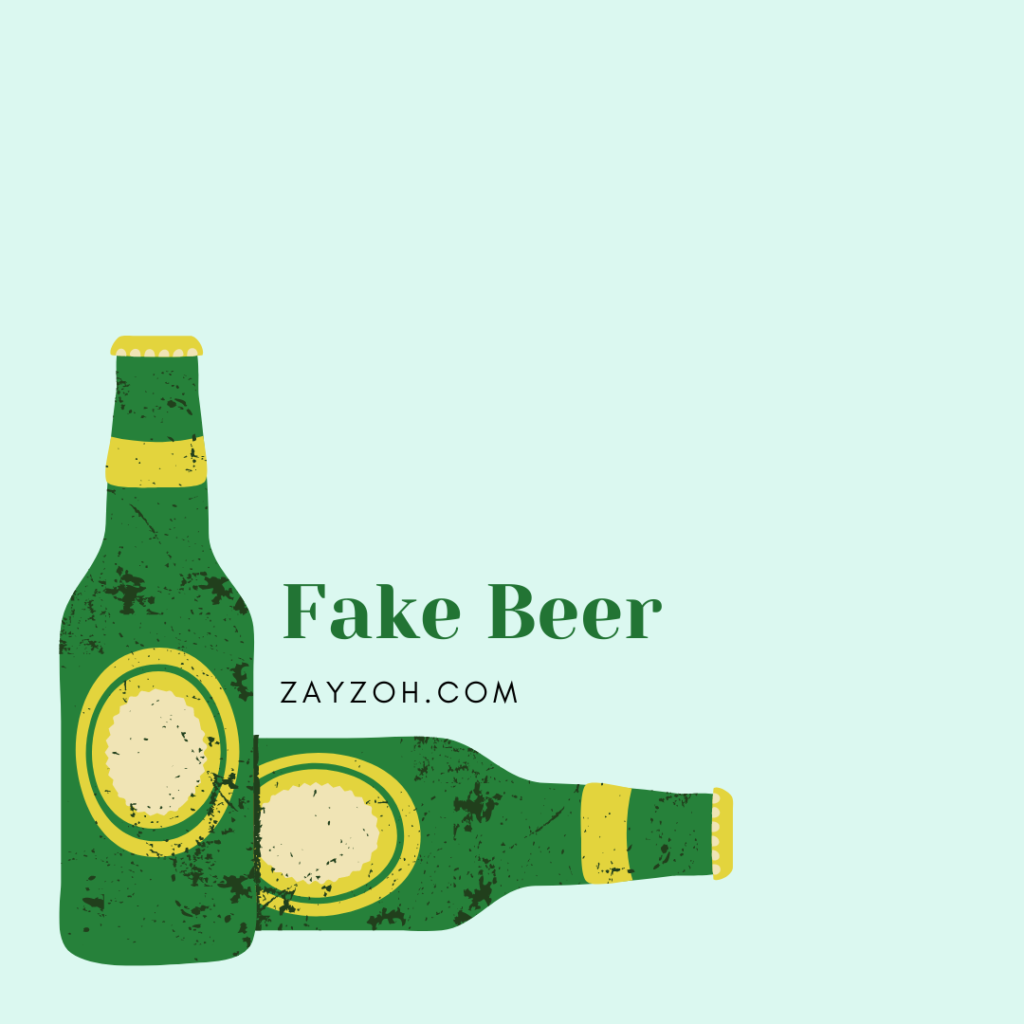Fake Beer: How I Became Comfortable with Being Different
When I was in college, I went to one St. Patrick’s Day party. My friend Justin hosted the event in his small campus apartment cluttered with discarded audio equipment and cords snaking along his floor.
“You should come,” he had told me a few days earlier. “We’ll have a green beer!”
“Green beer?” I repeated not out of curiosity about the beer but rather about why he would pitch this to me as a selling point. To me, alcohol tasted like medicine. Like cough syrup on steroids. Remember that scene in Mary Poppins where she makes the children’s medication taste like three delicious flavors? That’s what I wished for: Mary Poppins to appear and hand me a magic bottle of deliciously flavored liquor that didn’t taste like liquor. Of course, one might retort, “There’s no point drinking alcohol that doesn’t taste like alcohol.” They would be right in their assertion. But I was a young college student wanting to fit in, even if it meant secretly drinking fake beer.
“Yeah,” he said, “I add green food coloring to it.”
“Oh,” I said.
The truth was, I’d prefer green tea over green beer. But I refrained from making this request for fear of appearing prudish.
While at the party festooned with green balloons and hazy with smoke, Justin presented to me a mug of the bubbly, green libation as though it were the guest of honor.
I sipped, grimaced, and looked apologetically at him as I pushed the mug away.
“You don’t like it?”
“No.”
He shrugged his shoulders and gulped his beer.
I scanned the room. Our friend Dean was holding a mug in one hand and gesturing with the other as he talked with a small group of guys, each also having a cup. Another friend, Daisy, was seated on the worn couch, sipping her beer between bursts of laughter as one of her crushes draped his arm around her shoulders and whispered in her ear. His beer sat on the coffee table, conveniently within arm’s reach. I looked back at Justin, finishing his drink with satisfaction and making his way toward the kitchen for another round.
I suddenly felt out of place, as though I were the drummer in a band playing a different song than me. I was out of rhythm. And it was apparent I didn’t want to participate in the festivities. It just wasn’t my thing.
I collected my purse and sweater, said my goodbyes, and left.
Although the fear of missing out (FOMO) wasn’t a phenomenon worthy of its own acronym at the time, it certainly existed. Yet I neither felt its sting nor did I sulk in its misery. I felt free and confident that day because I reassured myself of this truth: I didn’t need to fit in. I was fine enjoying Mary Poppins at home while my friends were enjoying a green beer at a party. To each her own.
There’s something to be said for those famous words supposedly inscribed at the Delphi Oracle-Know Thyself. Although interpreted many times over by Plato, Sophocles, and Aeschylus, I interpret “Know Thyself” to acknowledge, understand, and honor yourself.
I suspect for many people, “Knowing Thyself” is a process that takes years beyond adolescence. It’s like learning how to walk. You start crawling. You start standing and balancing. You fall, stumble, arise, repeat. Then one day, you walk with a nervous steadiness. But you don’t slip. Your legs grow stronger as you ground yourself in confidence until, without thinking, you stride.
And perhaps, if you’re lucky, you might chance upon a magic umbrella lifting you off the ground to fly.
If you enjoyed reading “Fake Beer”, check out more of my persoanl essays.



